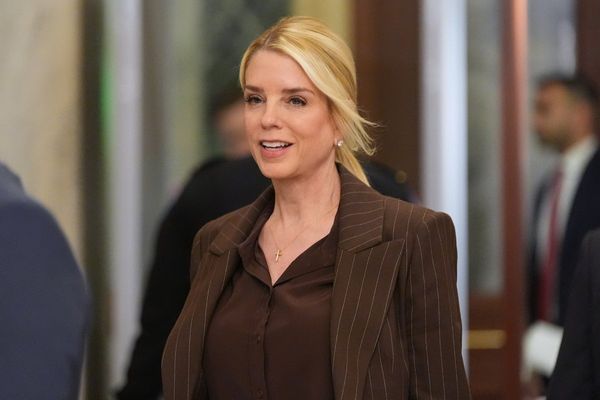
Blocking the Scottish deposit return scheme for bottles would be an environmental travesty, campaigners have said, in a growing backlash to the UK government plans to undermine the project.
The charity City to Sea, which has been pushing for a deposit return scheme (DRS) to tackle plastic pollution, said the UK government could have avoided the clash with Scotland by working with the devolved countries to deliver a unified deposit scheme years ago. Instead Westminster had repeatedly delayed its own deposit scheme, which was only coming into force in 2025 – seven years after it was first promised by ministers.
“Westminster is at risk of dragging the devolved nations down to the lowest environmental standards as they sit on their hands and the plastic crisis worsens around them,” said Steve Hynd, City to Sea’s policy manager.
“We have deposit return schemes operational in over 50 places around the world … they massively contribute to reducing litter, increasing recycling rates, and help to tackle the climate crisis.
“If Westminster blocks the Scottish scheme from going ahead it will not just be a constitutional crisis but an environmental travesty.”
There is fury among environmental groups after Alister Jack, the Scotland secretary, made clear he intends to deny a request from the SNP government for a trade exemption for its flagship recycling scheme, in a move that experts say could fatally undermine the plans.
Scottish ministers have been planning the DRS for years, with Lorna Slater, the green minister, calling it a “massive national undertaking”, involving 4,000 producers, 10,000 “takeback” machines, and 2bn drinks containers.
The DRS is due to start in August in Scotland and is a key part of the SNP-Scottish Green party coalition deal, which is already under threat after the departure of Nicola Sturgeon as first minister.
Megan Randles, a political campaigner at Greenpeace UK, said: “Not content with fumbling their own attempts at an effective DRS, the UK government is trying to kibosh Scotland’s more ambitious scheme.
“The Westminster government often claims they’re world leaders in tackling plastic waste but these actions yet again show them failing to fulfil that mantra.”
Jack also appeared to be trying to reopen the debate about a DRS by suggesting that it would be bad for business and consumers. The UK government, however, backs a DRS that will run in a similar way to the Scottish scheme: retailers would add 20p to the price of single-use bottles and cans, that consumers could then reclaim by returning them to be recycled.
The latest consultation in 2021 for a DRS in England, Wales and Northern Ireland showed widespread support, with 83% of respondents in favour.
The England, Wales and Northern Ireland scheme was promised by the then environment secretary Michael Gove in 2018. But there have been five years of delays, at least two consultations, a long period of silence, and then this year the government announced it would not be comprehensive and would come into operation only in 2025.
Unlike the Scottish DRS, the UK government has rolled back on its 2019 manifesto commitment and is not including glass in its deposit scheme. The Welsh government, however, is introducing a comprehensive scheme, like Scotland, to include glass bottles.
The Westminster government has always known Scotland was independently pursuing a DRS that was not likely to be streamlined with its own. In January the Department for Environment, Food and Rural Affairs said: “Scotland is moving forward with its own DRS delivery. We will continue to work across all four nations on how the schemes interact.”
Izzy Ross, campaigns manager for the charity Surfers Against Sewage, said: “The government has had years to raise concerns but are instead meddling at this late stage, causing chaos after years of planning and investment. The longer the wait for a deposit return scheme, the more plastic will be permitted to flood into the ocean.”
A coalition of 15 environmental groups warned there would be “environmental, economic and legal implications” if the UK government blocked the introduction of the Scottish scheme.
“Any attempt to disrupt or undermine this would have serious negative consequences for schemes in the rest of the UK, and on broader circular economy ambitions,” the Association for the Protection of Rural Scotland said on Twitter.
Across the UK, consumers get through an estimated 13bn plastic drinks bottles a year. Only 7.5bn are recycled. The remaining 5.5bn are landfilled, littered or incinerated. Each day UK consumers use 38.5m plastic bottles.
Other countries have successfully introduced deposit schemes. Last January, Slovakia became the 11th country in Europe to introduce a deposit scheme, which led to the return of 100m plastic bottles and metal cans in the first five months of its operation.







